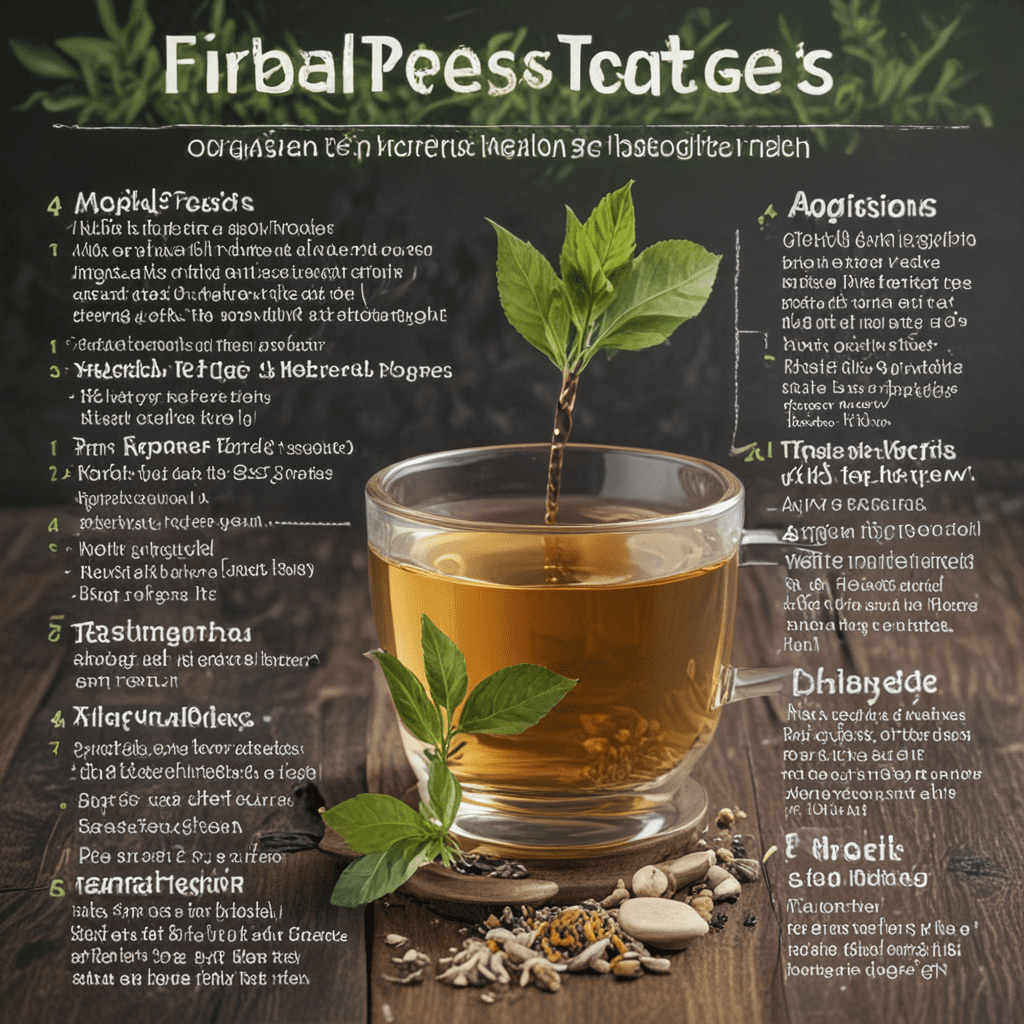
Introduction: The Rise of Allergies and the Role of Diet
Allergies are a growing concern worldwide, affecting people of all ages and backgrounds. Conventional treatments often focus on managing symptoms rather than addressing underlying causes. Research suggests that diet plays a crucial role in the development and severity of allergic reactions. This article explores the benefits of a vegan diet for individuals suffering from allergies.
Vegan Diets: An Overview of Plant-Based Nutrition
A vegan diet excludes all animal products, including meat, dairy, eggs, and honey. Instead, it emphasizes plant-based foods such as fruits, vegetables, whole grains, legumes, and nuts. Vegan diets provide a wealth of nutrients, including fiber, vitamins, minerals, and antioxidants.
The Link Between Allergies and Animal Products
Animal products have been linked to various allergic reactions, both in children and adults. Cow's milk, for instance, is a common allergen, especially in infants and toddlers. Other animal-derived foods, such as eggs, fish, and shellfish, can also trigger allergies. Research suggests that animal proteins can cross-react with proteins in the body's own tissues, leading to an immune response.
Benefits of a Vegan Diet for Allergy Sufferers
Eliminating animal products from the diet can provide significant benefits for allergy sufferers. A vegan diet:
Reduces Exposure to Allergens: By avoiding animal products, individuals can significantly reduce their exposure to potential allergens.
Promotes Gut Health: Vegan diets are rich in fiber, which supports a healthy gut microbiome. A balanced gut microbiome is essential for overall immune function and may reduce the risk of allergic reactions.
Specific Allergens Addressed by a Vegan Diet
A vegan diet can help address various specific food allergies:
Dairy Allergies: By eliminating cow's milk and other dairy products, individuals can avoid the allergen casein.
Egg Allergies: Vegan diets exclude eggs completely, addressing allergies to egg proteins.
Seafood Allergies: Fish and shellfish are common allergens. A vegan diet eliminates seafood, reducing exposure to these triggers.
- Peanut Allergies: Peanuts are not technically animal products, but they are often associated with allergies. A vegan diet excludes peanuts and other legumes.
Nutritional Considerations for Vegan Allergy Sufferers
Vegan diets provide a wealth of nutrients, but certain precautions are necessary for allergy sufferers:
Vitamin B12: Vitamin B12 is not naturally found in plant foods. Vegan allergy sufferers should supplement with vitamin B12 or consume fortified foods.
Calcium: Calcium is essential for bone health. Leafy green vegetables, tofu, and fortified plant milks are good sources of calcium for vegans.
Iron: Iron is necessary for oxygen transport. Lentils, beans, and fortified cereals are good iron sources for vegans.
Lifestyle Changes and Support Systems
Adopting a vegan diet for allergies requires lifestyle changes:
Meal Planning: Careful meal planning is crucial to ensure adequate nutrient intake. Meal plans should include a variety of plant-based foods.
Support Systems: Joining support groups or connecting with other vegans can provide encouragement and guidance.
Education: Staying informed about vegan nutrition and allergy management is essential. Consulting with healthcare professionals is recommended.
Challenges and Considerations of a Vegan Diet for Allergies
While a vegan diet can be beneficial for allergy sufferers, challenges may exist:
Social Situations: Eating out or attending social events can be challenging as vegan options may be limited.
Transitioning: Transitioning to a vegan diet can take time and adjustments. It is important to gradually introduce plant-based foods and seek support when needed.
Cost: Vegan foods can sometimes be more expensive than animal products. Planning and budgeting are essential to maintain a healthy vegan diet.
Conclusion: Empowering Allergy Sufferers through a Vegan Lifestyle
A vegan diet can provide significant benefits for individuals suffering from allergies. By reducing exposure to allergens, promoting gut health, and addressing specific food sensitivities, a vegan lifestyle can empower allergy sufferers to manage their condition effectively. With careful planning, support systems, and ongoing education, vegans can enjoy a healthy and allergy-free life.
FAQs
Q: Is a vegan diet suitable for all allergy sufferers?
A: While a vegan diet can benefit many allergy sufferers, it is not a cure-all. Consulting with healthcare professionals is essential to determine the best approach for individual needs.
Q: How long does it take to see results from adopting a vegan diet for allergies?
A: The timeline for experiencing results varies depending on individual circumstances. Some may notice improvements within a few weeks, while others may take longer.
Q: Are there any risks associated with adopting a vegan diet for allergies?
A: A vegan diet is generally safe and healthy when well-planned. However, it is essential to ensure adequate nutrient intake, particularly vitamin B12, calcium, and iron. Consulting with healthcare professionals can help mitigate any potential risks.


